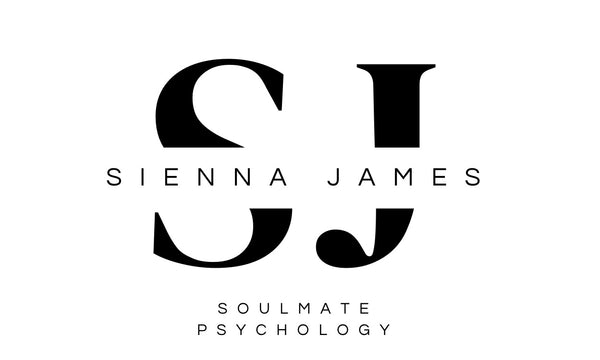
How to Attract Your Ideal Partner by Understanding Your Attachment Style
If you’ve ever wondered why you keep attracting the same type of relationship—or why love sometimes feels like a rollercoaster—your attachment style might hold the answer. Understanding your attachment style is one of the most powerful ways to improve your love life, build healthier connections, and attract the right partner for you.
What Are Attachment Styles?
Your attachment style is formed in early childhood and shapes the way you connect with others in romantic relationships. There are four main attachment styles:
Secure Attachment – You feel comfortable with intimacy and independence, communicate well, and trust your partner.
Anxious Attachment – You crave closeness but often fear abandonment, leading to insecurity and overthinking.
Avoidant Attachment – You prioritize independence and struggle with emotional intimacy, often pulling away when things get too close.
Fearful-Avoidant (Disorganized) Attachment – You have a mix of anxious and avoidant tendencies, often craving closeness but fearing it at the same time.
Once you identify your attachment style, you can better understand your relationship patterns and make intentional changes to attract the kind of love that truly supports you.
How to Attract Your Ideal Partner Based on Your Attachment Style
If You Have a Secure Attachment Style
Your Strengths: You’re naturally capable of forming healthy, balanced relationships. You handle conflict well, express your needs clearly, and provide emotional security to your partner.
Your Challenge: You might struggle to understand why partners with anxious or avoidant tendencies behave the way they do.
How to Attract the Right Partner: Look for someone who values open communication and emotional maturity. While you may be drawn to people with insecure attachment styles, focus on those who are willing to grow and work on their patterns with you.
If You Have an Anxious Attachment Style
Your Strengths: You’re deeply caring, passionate, and emotionally invested in your relationships. You love deeply and value closeness.
Your Challenge: You may become overly dependent on your partner for validation, leading to clinginess or fear of abandonment.
How to Attract the Right Partner: Instead of chasing emotionally unavailable partners, focus on people who offer consistency and reassurance. Practice self-soothing techniques and remind yourself that your worth isn’t defined by someone else’s love. Healthy relationships feel secure, not like a guessing game.
If You Have an Avoidant Attachment Style
Your Strengths: You’re independent, self-sufficient, and often have a strong sense of personal identity.
Your Challenge: You might struggle with deep emotional intimacy, preferring to keep your distance when relationships start feeling too vulnerable.
How to Attract the Right Partner: Work on opening up gradually and allowing emotional closeness to develop over time. Seek a partner who respects your need for space but also encourages deeper connection. Remind yourself that love doesn’t mean losing your independence—it means gaining a supportive teammate.
If You Have a Fearful-Avoidant (Disorganized) Attachment Style
Your Strengths: You’re intuitive, emotionally aware, and have the potential to form deep connections when you feel safe.
Your Challenge: You may experience internal conflict, wanting closeness but also fearing it, which can create instability in relationships.
How to Attract the Right Partner: Focus on healing past wounds through therapy, self-reflection, or coaching. Seek partners who are patient, consistent, and emotionally available. Prioritize self-trust so you can make decisions from a place of confidence rather than fear.
Final Thoughts
Your attachment style isn’t a life sentence—it’s a blueprint that can be adjusted with awareness and effort. By understanding your patterns and intentionally choosing partners who support your emotional needs, you can build a fulfilling, healthy relationship. Love isn’t about fixing or chasing someone—it’s about growing together in a way that feels secure and empowering.
